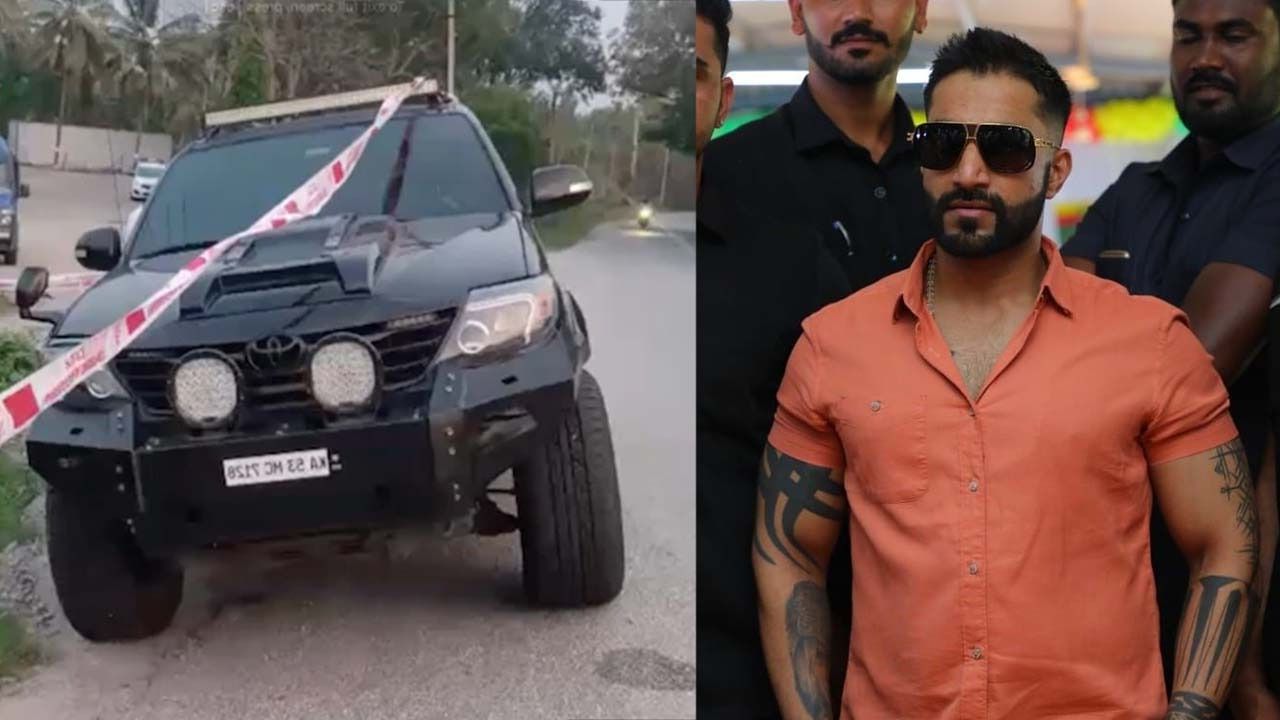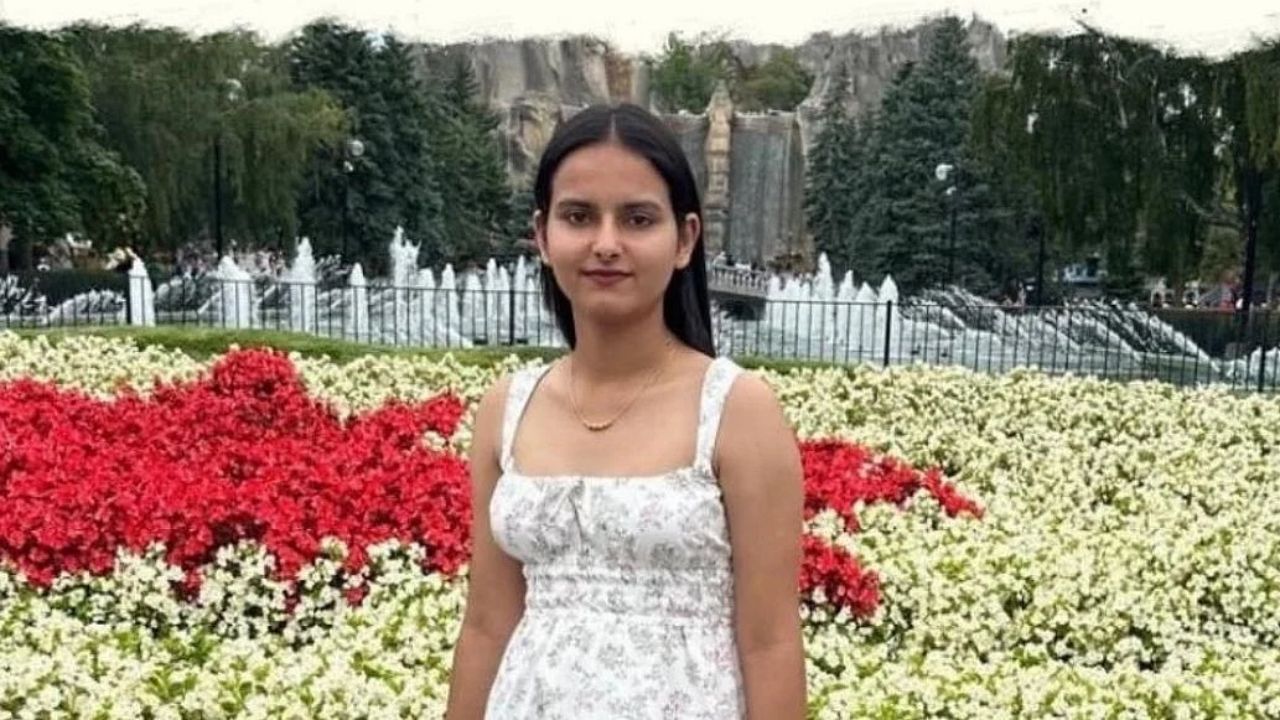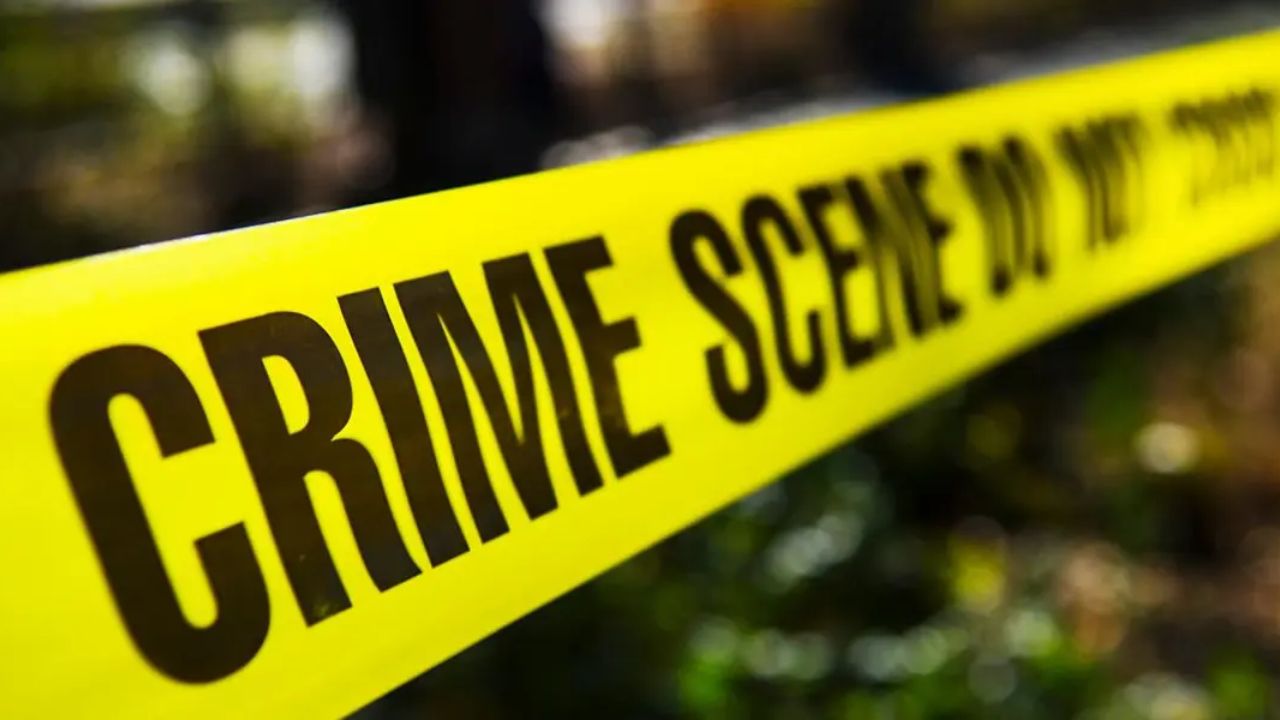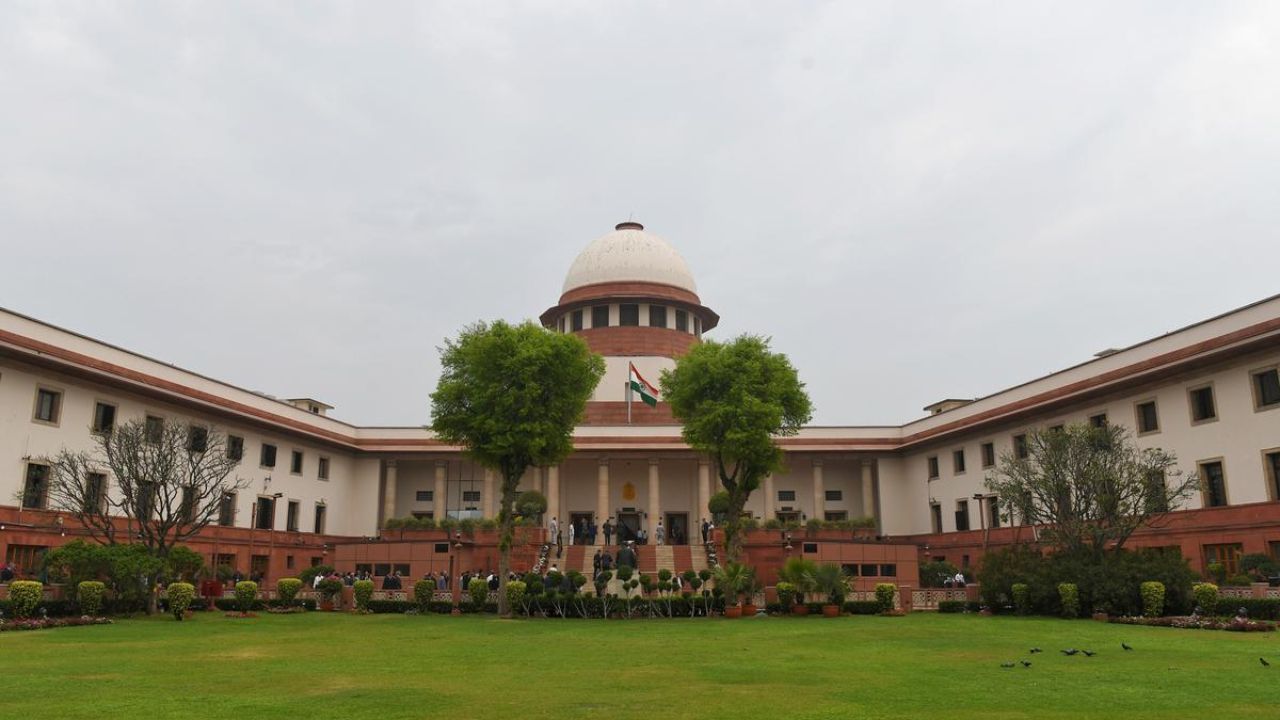Former High Court Judge Appointed to Head Probe into Sambhal Violence; Report Expected Within Two Months
The investigation into the violence in Sambhal surrounding the Shahi Jama Masjid survey has led to the appointment of a three-member committee by the Uttar Pradesh government. Former Allahabad High Court judge Devendra Kumar Arora
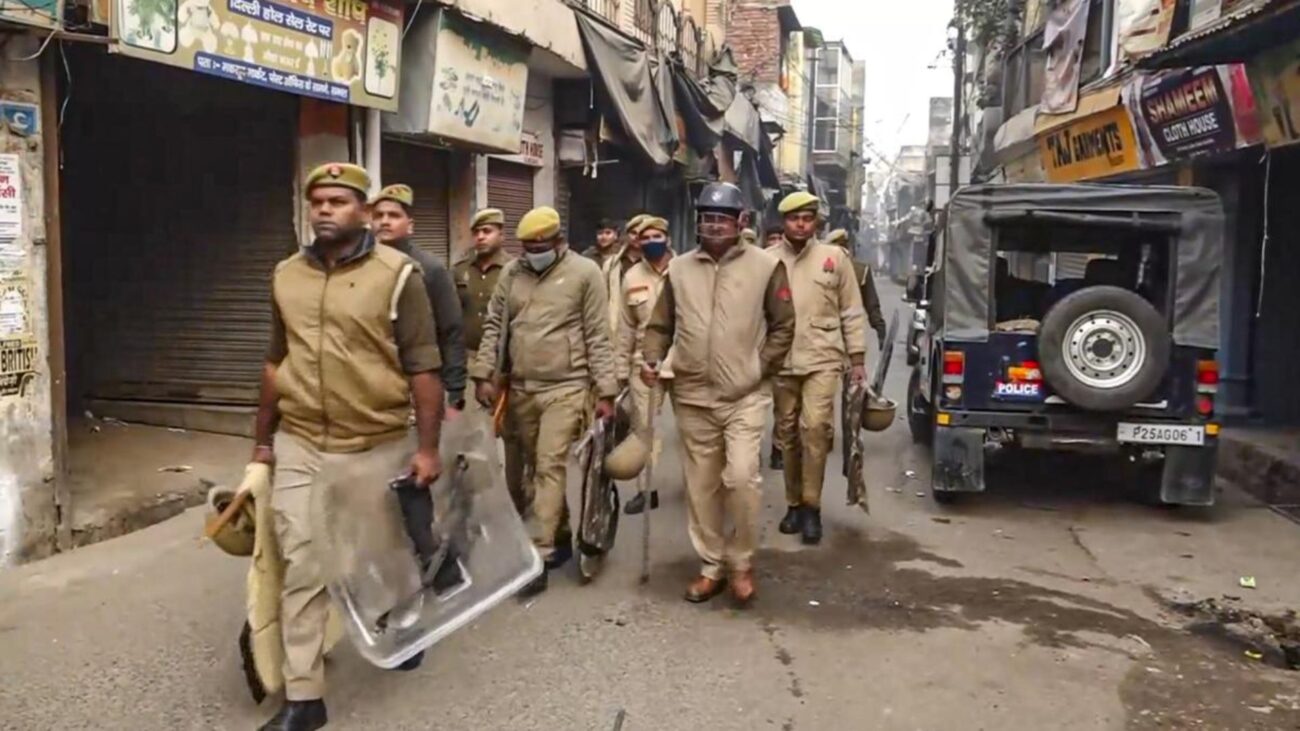
The investigation into the violence in Sambhal surrounding the Shahi Jama Masjid survey has led to the appointment of a three-member committee by the Uttar Pradesh government. Former Allahabad High Court judge Devendra Kumar Arora will head the panel, which also includes retired IPS officers Amit Mohan Prasad and Arvind Kumar Jain. The committee has been tasked with determining whether the violence was premeditated and will submit its findings within two months.
The violence erupted after a civil suit was filed on November 19 by a group of eight plaintiffs, including Supreme Court lawyer Hari Shankar Jain. The suit claimed that the Shahi Jama Masjid was built over a demolished “Harihar Temple,” and sought access to the site, calling it a temple. Jain has been involved in several similar suits, including those concerning the Gyanvapi mosque in Varanasi and the Shree Krishna Janmabhoomi in Mathura.
On the same day the suit was filed, the civil Court ordered the mosque to be surveyed. The survey was conducted without notice to the mosque management, and a follow-up survey was scheduled just five days later with barely six hours’ notice. This has prompted the mosque’s management committee to approach the Supreme Court, requesting an immediate stay on the survey. The petition argues that the study was ordered hastily and that such actions could inflame communal tensions, undermining India’s secular values.
The managing committee’s petition asserts that the survey violated the Places of Worship (Special Provisions) Act, 1991, which prohibits any changes to the religious character of places of worship as they stood on August 15, 1947. It also claims that the survey’s lack of due process—such as failure to provide the mosque management a chance to contest the order—violates legal norms.
The petition also raises concerns that such surveys could become a tool to stoke religious unrest, noting that similar surveys in other high-profile cases have already heightened tensions. It emphasizes that the Places of Worship Act, designed to preserve the status quo of religious sites, should be upheld to prevent further disputes over historic religious landmarks.
The Supreme Court is set to hear the case, and its decision could have far-reaching implications for the handling of disputes involving places of worship. The Court has already recognized the significance of the Places of Worship Act in a pending case regarding the Gyanvapi mosque, where a group of Hindu women seeks to worship deities within the mosque complex. The mosque’s management argues that such suits are barred by the Act, which protects the religious identity of places of worship.
This case is part of a broader trend of legal battles involving religious sites, and the outcome could help shape how future disputes are handled, especially those that have the potential to disrupt the country’s communal harmony.


